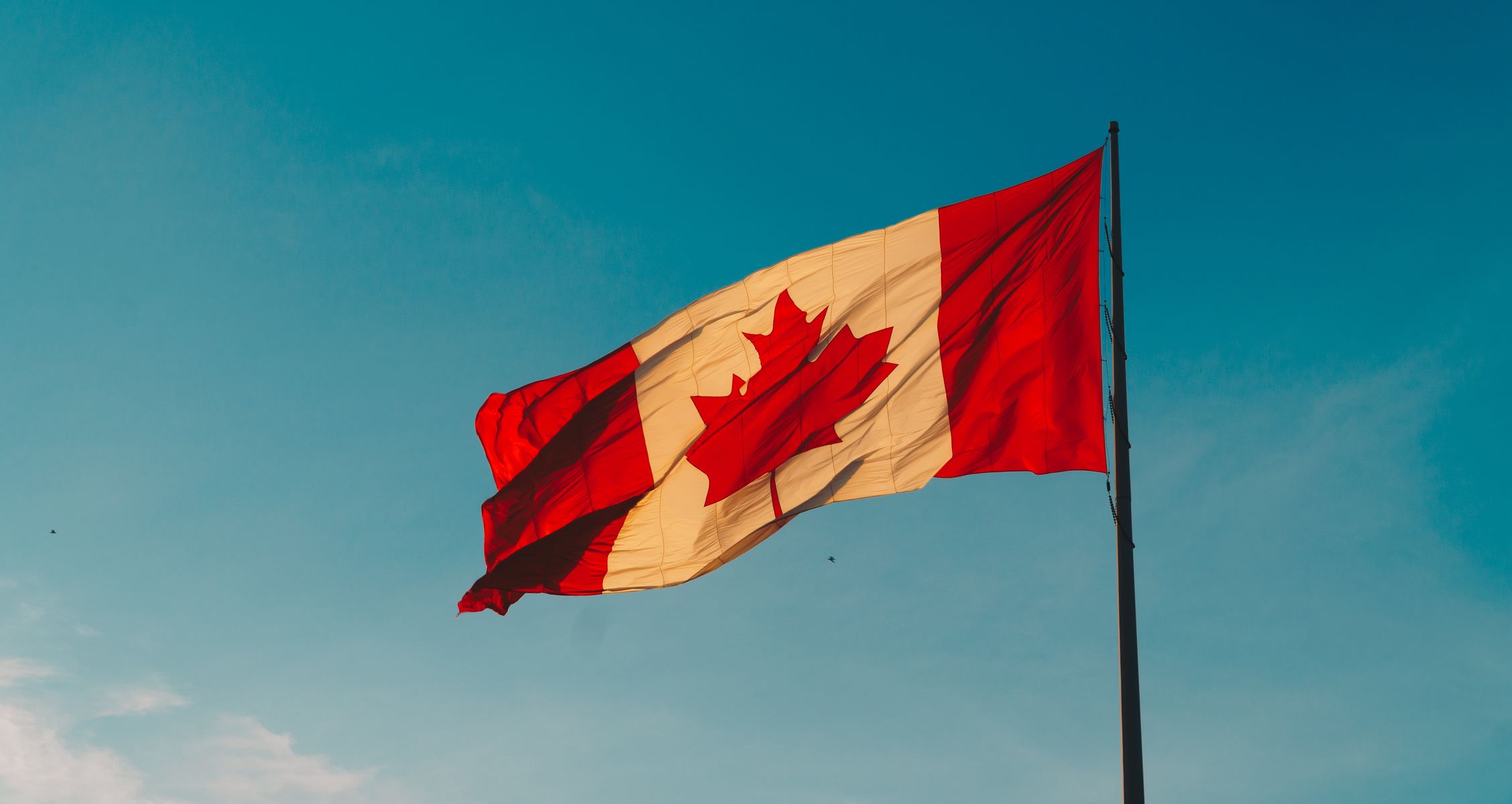
According to the law, a refugee is any person who is persecuted for racial, ethnic, religious, civil, social, or political reasons (membership in certain organizations), is outside Afghanistan, and cannot, due to certain circumstances, return and benefit from the protection of that country.
If there is a situation where an Afghan is unable to return to their home country, a person can apply for permanent resident status in Canada on humanitarian grounds.
Refugee status process for Afghans
If the applicant qualifies for refugee status, he/she must contact the Canadian Immigration Authority (CIC) and inform them of his / her intention to apply for refugee status. The applicant will receive several forms to fill out. The applicant will then be summoned for an interview with an immigration officer who, based on an hour-long conversation with the applicant.
Approximately one month after the preliminary interview, the applicant is required to prepare and submit to the immigration authorities a Personal Information Form and all kinds of documents and materials confirming the applicant’s testimony.
A few months after filing the form, an Afghan citizen is invited to a hearing.
If the hearing is successful, the recognized refugee may immediately apply for Canadian permanent resident status. At this stage, the refugee’s reliability (for the absence of criminal history and connections with intelligence services) and medical requirements are checked, after which the final decision is made to issue a Canadian immigration visa to the refugee and his/her family members.
Refugee status can be divided into several categories:
Convention Refugees – persons who are persecuted for racial, ethnic, religious, civil, social, or political reasons (membership in certain organizations).
The person in need of protection – All categories of applicants located in Canada are eligible to apply under the Risk of Return program, except:
- persons who have received refugee status in Canada;
- persons who have received refugee status in a third country;
- persons who reapply for refugee status less than six months after the withdrawal of the refugee application, the receipt of the refusal to accept the refugee application or the refusal at the hearing;
- persons who have been refused under the ‘Asylum’ program after living in a third “safe” country.
Acceptance of refugees in the province of Quebec
This province differs in immigration rules, so it reserves the right to choose which refugees to grant permission and which not. To get a positive answer, you must meet the requirements established by the province, have all the necessary documents, etc.
Persons who cannot obtain refugee status
- The Canadian government assists refugees from Afghanistan who meet the definition of the Convention defining refugee status if the applicant is in the country. However, there is a category of people who cannot apply for refugee status:
- Afghans who have been granted refugee status in a country other than their home country.
- persons who have already arrived in Canada to apply for refugee status and have received a positive result.
- persons who come to Canada from/through a country that has signed the Immigration and Refugee Protection Act. In this case, Afghanistan is not included.
- persons posing a danger to the safety of Canada and its citizens (there are early violations of human rights, participation in criminal activities, have dangerous viral diseases, etc.).
- Individuals who applied for this program early and were refused.
- Individuals whose personal data do not meet certain criteria of the host country.
Safe Third Country Agreement
There is a Safe Third Country Agreement between the USA and Canada, according to which an applicant is not eligible to apply for the Asylum program in Canada if he was previously refused this program in the USA. An exception is made for people who are married to Canadian citizens.
Refugee assistance programs
The Canadian government provides for several programs that are aimed at providing one or another assistance to refugees for settling refugees from Afghanistan in a new country.
IDP support
This assistance is prescribed by the Convention and applies to those persons who have received refugee status. Assistance includes: meeting at the airport/port, if necessary, temporary arrangement, assistance in the selection of permanent housing, provision of basic means for life, financial orientation, information support for refugees, In this case, financial support from the state can be provided for a year until the refugee becomes independent.
Granting loans
This program is sponsored by the Federal Government of Canada. Loans are granted to the refugee according to the person’s needs and ability to subsequently reimburse the funds received. Loans can be issued to pay for medical examination abroad, paperwork for moving, flight (relocation) to Canada, fees for registration of permanent resident status for refugees from Afghanistan.
Sponsoring private groups
Certain groups cooperate with the government but act on local initiatives. As a rule, the state provides material assistance, while private groups specialize more in providing moral and emotional support. Afghans can receive this kind of assistance for 2-3 years.
Refusal to grant refugee status to a citizen of Afghanistan
If the applicant has applied in Canada and is rejected as a result, he must leave the country as soon as possible. In this case, deportation is one of the sanctions of the Canadian state, which is responsible for the violation of immigration regulations. In this case, the deportation of the applicant takes place based on one of three documents, which have different legal consequences:
Exit order
This document obliges the Afghan to leave the country within 30 days from the receipt of the order. If all the conditions prescribed by this order are met, a person in the future has the right to enter Canada on a visa.
Deportation warrant
The person who has received this order is prohibited from entering and staying in Canada for the next year. An exception may be obtaining written approval from the CIC. If the conditional deportation order is issued based on false testimony, the duration of the ban is increased to two years.
Deportation warrant
The document is issued for violation of serious immigration regulations, for example, failure to comply with the conditions of an exit order. Entry into the country is only permitted with written permission from the CIC.
It is important to take into account the fact that the effect of the above orders to the same extent affects the family members of the person for whom the document was issued. An exception if family members are Canadian residents or citizens.

